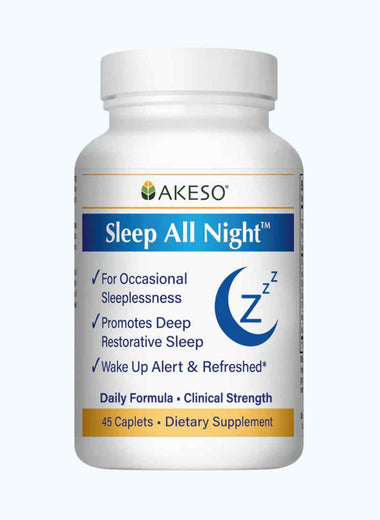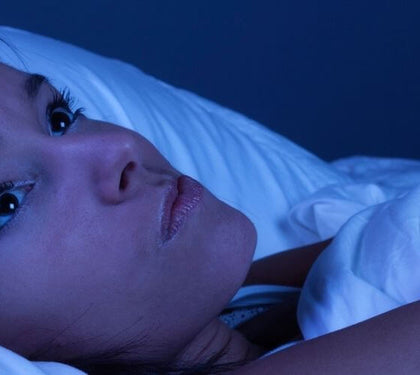If you’ve ever spent hours tossing and turning without being able to fall asleep, you know how frustrating it can be. According to the American Academy of Sleep Medicine (AASM), about one in three people have at least mild insomnia, and about 70 percent of American adults report not sleeping enough at night. So, what’s keeping so many people up at night?
There are hundreds of answers to that question, from common behaviors like drinking coffee too late in the day to unusual sleeping disorders like somnambulism. And now, a recent study has added another factor to the list: refined carbohydrates or simple carbohydrates.
What are carbohydrates?
Carbohydrate is one of the three macronutrients in food that provide fuel for the body to function properly. The other two are protein and fat. During digestion, all three are broken down into the elements the body can use for energy: Protein is reduced to amino acids and fat is reduced to fatty acids, both of which are then stored for future use. Carbohydrates, on the other hand, are broken down into glucose (sugar) which get processed in the liver before entering the bloodstream and is immediately available to be used by cells for energy. This is why eating carbs can affect blood sugar levels so quickly and dramatically.
What is the difference between simple carbohydrates and complex carbohydrates?
There are two types of carbohydrates with each impacting blood glucose levels differently. Simple carbs are like quick-burning fuels. They break down fast into sugar in your system. It takes your body longer to break down complex carbs into sugar. Simple carbs are found in everything from table sugar (sucrose) to fruit. Complex carbs, or starches, occur in foods such as whole grains and starchy vegetables like sweet potatoes, pumpkin and squash. Other good sources of complex carbs are beans. Kidney, white, black, pinto, or garbanzo beans also have lots of fiber.
Carbohydrates and Sleep Study
A study, conducted by researchers from Columbia University’s Vagelos College of Physicians and Surgeons, looked at the relationships between the glycemic index (GI) of different types of carbohydrates and insomnia. Data from the food diaries of more than 50,000 post-menopausal women were gathered to determine if women who ate foods with higher GIs were more likely to develop insomnia.
The glycemic index of a food is a measure that assigns a value to carbohydrates based on how fast or slow they raise your blood sugar levels. Generally speaking, “complex carbohydrates” have a low GI value, and are digested, absorbed, and metabolized slower, making your body release glucose in a slow, controlled way.
Simple carbohydrates are high GI foods, that are digested quickly, causing a rapid spike in your blood sugar and insulin levels right after you eat. Eating foods with high GI values has been liked to an increased risk of obesity, diabetes, overeating, and now, insomnia.
The results of the study showed that, after a three-year follow-up, women who regularly ate higher GI foods – especially those who ate lots of added sugars and processed grains like white bread – were more likely to experience insomnia. In contrast, participants who ate a more balanced diet with lower GI foods (like whole grains, fruits, and vegetables) had less trouble sleeping at night.
Because the study only looked at data of women between the ages of 50 and 79, more research is needed to determine if these findings hold true in the general population. If that’s the case, the authors of the study believe that “(…) dietary intervention[s] focused on increasing the consumption of whole foods and complex carbohydrates could be used to prevent and treat insomnia.”
Sleep Aide – Small Complex Carb Snack Before Bedtime
Many people who wake during the night do so because they experience a drop in blood sugar. If you have trouble sleeping through the night, trying eating a small amount of slow burning “COMPLEX CARBS” like a couple spoonfuls of beans (pinto, kidney, garbanzo, black beans etc.) or whole grain crackers. This may help you avoid waking from a drop in blood sugar.
If you need extra help, don’t forget Akeso’s comprehensive natural sleep aide, Sleep All Night formulated to reestablish healthy sleep patterns or download our Free Sleep-Ebook & Insomnia White Paper .






